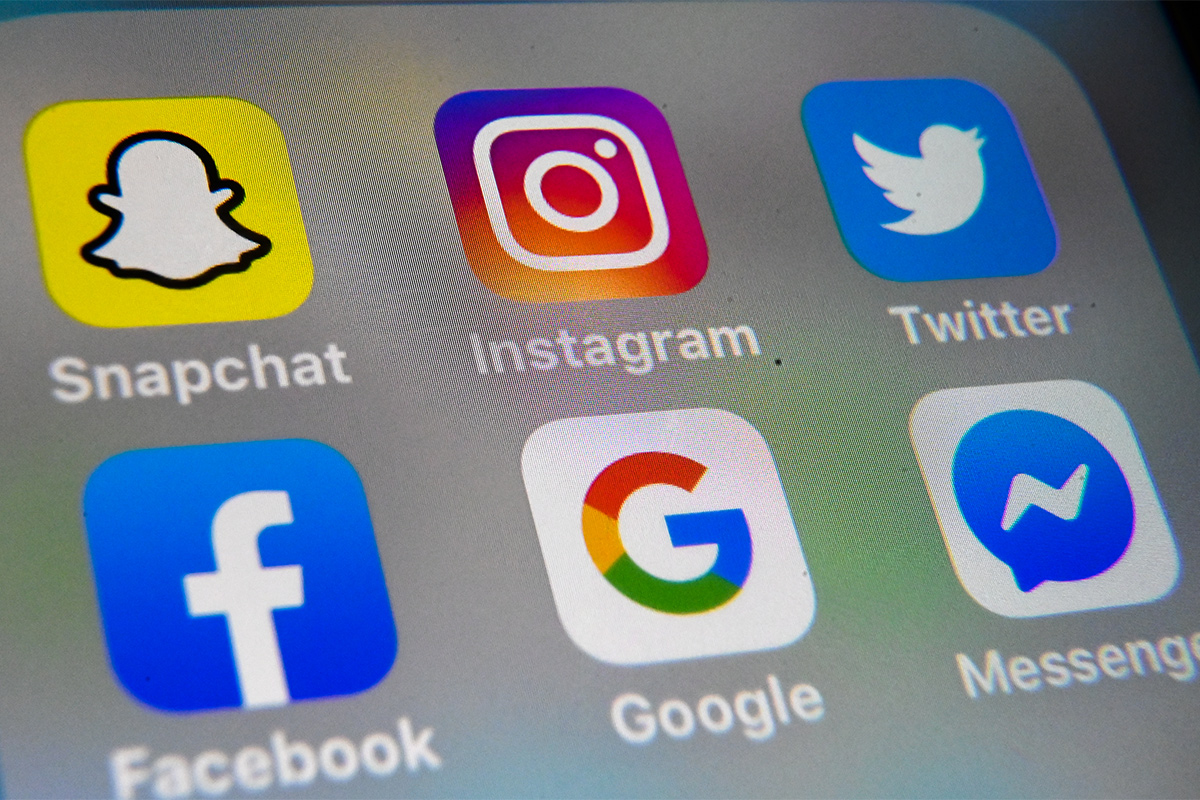Even as a Twitter storm rages in India with the Central government and the social media giant locked in a legal battle over the latter’s alleged non-compliance of recently notified IT rules, the land of the original sin, as it were, is in considerable turmoil over the sway of big tech.
In the USA, a recent federal district court judge’s dismissal of the Federal Trade Commission’s antitrust lawsuit against Facebook is seen as having provided clear evidence that antitrust laws are not sufficient to protect consumers and competition in the digital age.
Calls for an agile regulatory plan rather than relying on antitrust enforcement as the principal solution have gathered pace.
This is not to undermine the importance of antitrust legislation (and its enforcement), whether in America or India, but to flag the danger of overreliance on it as the panacea for all the abuses in the digital marketplace.
According to Tom Wheeler, one of the most respected voices on the issue, there are three broad reasons why depending solely on antitrust solutions is a mistake.
First, it is backward-looking and after-the-fact. Secondly, enforcement focuses on a specific occurrence rather than creating a general set of behavioural expectations for dominant digital companies.
Third, it is slow, uncertain, and has been systematically diminished at least in the USA by 40 years of conservative court decisions. It is a fact that antitrust law everywhere is written to stop ongoing abuses, which means that it must wait for the harm to occur.
For example, Facebook’s acquisition of Instagram in 2012 and WhatsApp in 2014 had been taking a toll on fair market competition for years before the US government finally felt it had enough examples of abuses to bring the matter to court.
But even then, as the federal court verdict underlined, because antitrust enforcement is problematic it is possible to profit from abusive behaviour for a long time before there is a basis for action and, even then, its ability to stop the activity is questionable.
Additionally, the key point to keep in mind is that antitrust law is focussed more on harm to competition rather than harm to consumers and is, as such, insufficient to address all the abuses emanating from Facebook and its ilk. Antitrust laws cannot ameliorate the damage caused by digital platforms which have, say, stolen and then sold access to consumers’ personal data or hosted a flood of misinformation and/or defamatory content.
These are behavioural problems with big tech beyond the scope of antitrust legislation. But, as in India, when governments attempt to define acceptable digital behaviour, social media behemoths that have got used to making up their own rules start crying foul.
The government’s IT rules which aim to establish regulatory oversight by laying down broad behavioural expectations for digital platforms may not be ideal but in the absence of such rules social media companies will continue to prioritise their private interests over the broader public interest.
The meaningful debate going forward ought to be on ensuring robust checks and balances on regulatory agencies charged with overseeing the digital world to prevent state overreach, and not on the urgent need for regulation which is self-evident.











